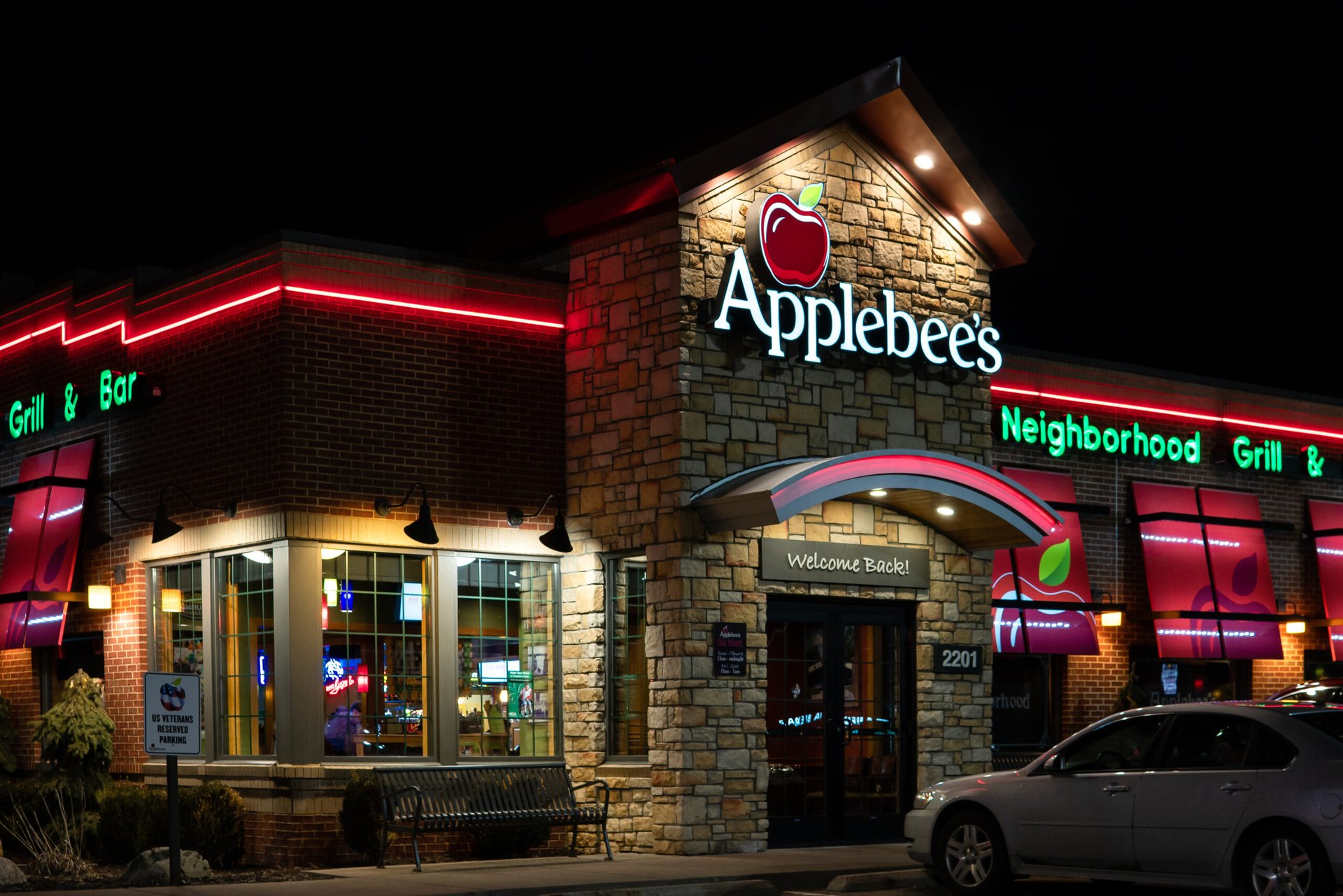
If you want to grow your wealth, try making rich friends. And if you want to make rich friends… maybe go to Applebee’s?
A working paper published this week by the National Bureau of Economic Research, or NBER, finds that when people from low-income backgrounds rub shoulders with their high-income counterparts, they are more likely to invest in the stock market and save their money.
“Friendships across socioeconomic classes could improve lifetime wealth accumulation and help break cycles of poverty for individuals with low socioeconomic status,” the researchers wrote.
To determine the significance of cross-class relationships on wealth, the researchers analyzed information from Facebook and combined it with financial data from the IRS.
What their study found was that when communities have a higher level of “economic connectedness” — meaning low-income people interact with high-income people often — the result is that the low-income folks are far more likely to invest and save, even when controlling for factors such as race, financial literacy and education.
The only problem? There aren’t always good meeting places for the two groups to cross paths organically.
In the U.S., income and wealth inequality are particularly potent issues. The richest 10% of families own three-quarters of the nation’s wealth, while the bottom half of all Americans account for just 2% of that wealth. Internationally, the United States falls far behind its peers on income inequality.
Oddly enough, fast-casual restaurant chains like Applebee’s, Chili’s and Olive Garden could play a role in closing that wealth gap.
Rich friends, rich benefits
When class groups are isolated, their members tend to mirror the financial habits of those around them. For already-rich folks, that means they continue investing and building their wealth. But for less-affluent people who are less likely to save and invest, their financial habits are perpetuated. The cycle of poverty continues.
As the NBER researchers point out, there are fixed costs associated with managing money prudently. Some are psychological, some are monetary, and they add up to large barriers for low-income people to overcome in order to start saving and investing more regularly.
For example, if everyone in your friend group believes putting your money in a bank is a bad idea, then you will likely believe the same thing. This is an example of a psychological barrier (and a major reason why 6 million U.S. households are unbanked).
On the other hand, many low-income folks don’t have the time or money to learn how to use certain financial resources and tools to build their wealth. Those are monetary barriers.
By establishing cross-class relationships, though, the researchers say that these fixed costs can be decreased — allowing for more lower-income people to organically learn about saving and investing, which can also work to ease any concerns they might have.
Applebee’s: the key to lowering wealth inequality?
On a bigger scale, the NBER paper underscores that greater opportunities for people from different economic classes to interact with each other can lower wealth inequality. (Tailored policies or legislation could help desegregate those populations, too.)
As it stands, forming these cross-class relationships isn’t always easy. Our daily lives are often invisibly dictated by class, and organic opportunities to meet people from different income groups tend to be limited.
Take separate research from the Massachusetts Institute of Technology, for instance. It found that certain publicly funded spaces like libraries and parks can foster some cross-class interactions, but they’re not actually the best places to encounter someone from across the income divide.
If economic diversity is what you seek, a stop by Olive Garden or Applebee’s might be what you need.
“Indeed,” the MIT researchers wrote, “the most socio-economically diverse places in America are not public institutions, like schools and parks, but affordable, chain restaurants.”
So, over your next round of Dollaritas, try striking up a conversation with a stranger. Who knows? You might make a new friend — and improve your finances in the process.
© Copyright 2024 Money Group, LLC. All Rights Reserved.
This article originally appeared on Money.com and may contain affiliate links for which Money receives compensation. Opinions expressed in this article are the author’s alone, not those of a third-party entity, and have not been reviewed, approved, or otherwise endorsed. Offers may be subject to change without notice. For more information, read Money’s full disclaimer.





Add a Comment
Our Policy: We welcome relevant and respectful comments in order to foster healthy and informative discussions. All other comments may be removed. Comments with links are automatically held for moderation.